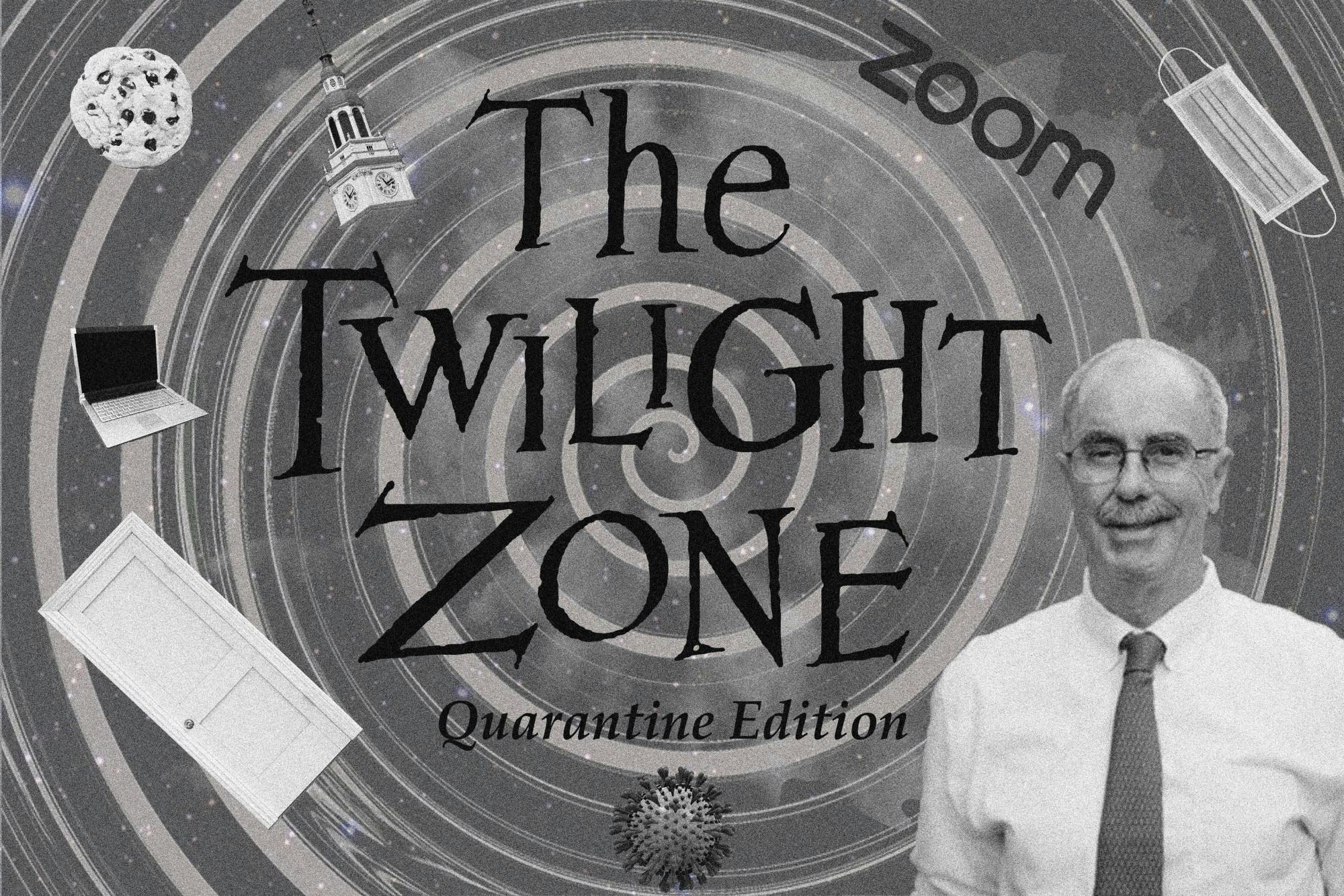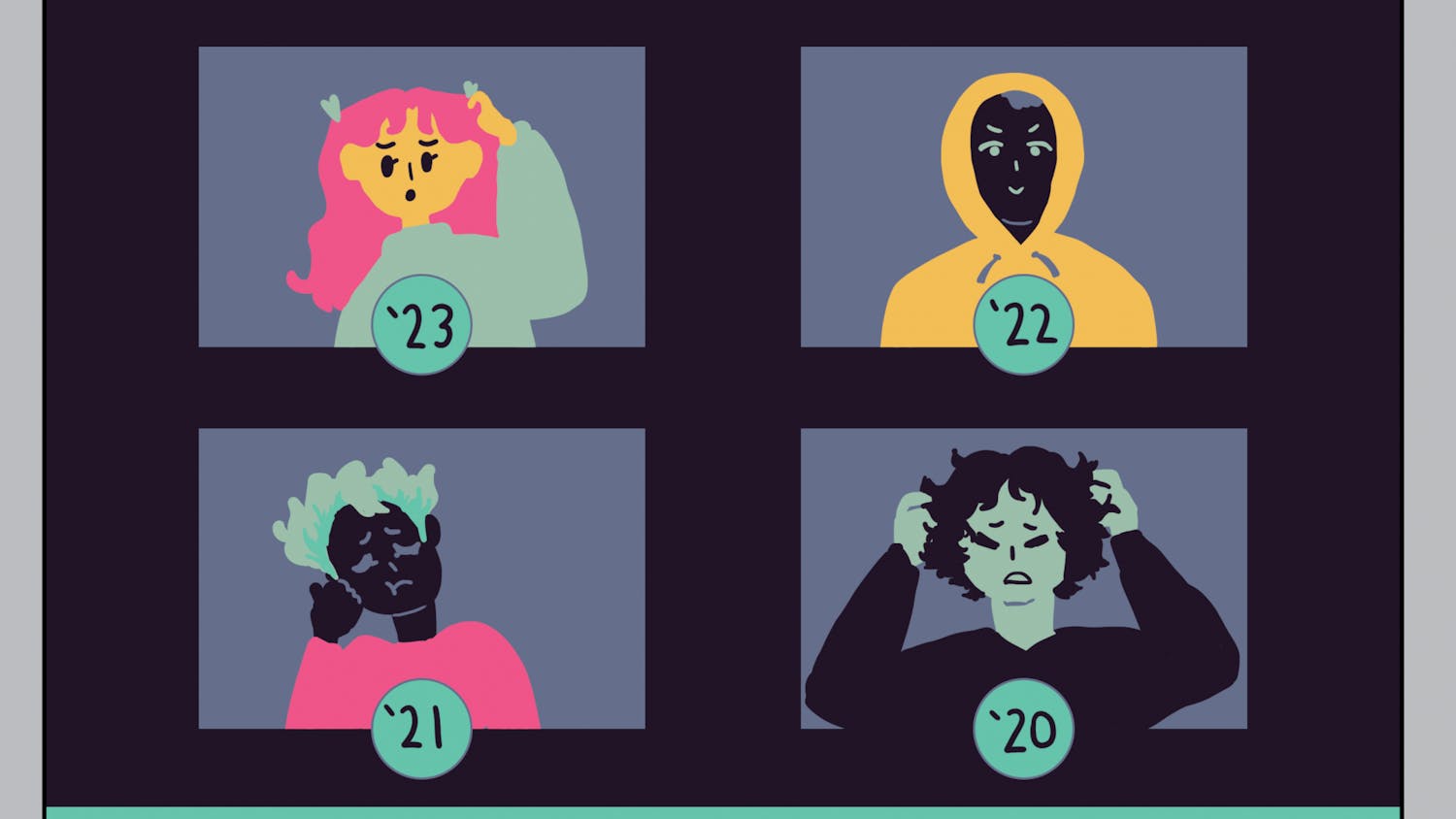Well, here we are: week six of spring term, and week eight or so of social distancing. The curve of coronavirus cases may be flattening, but most of us are still exactly where we were a month ago — at home, alone. And by now, isolation feels almost natural. Amid talk of what the post-pandemic world will look like, it seems we’ve already arrived at a “new normal,” even if we hope this normal won’t last for much longer.
In this week’s edition of Mirror, we explore how Dartmouth students have adapted to the “Twilight Zone” of COVID-19. For some students, quarantine has validated video gaming as a way to hang out with friends, leading to increased social interaction. For others, the pandemic offers time to work on creative projects, even if the pressure to be productive can be overwhelming. Though stuck inside, student volunteers have devised ways to welcome ’24s to Dartmouth through a virtual Dimensions show and online campus tours. And when they do go outside, students thoughtfully weigh the consequences of wearing face masks, which can be a fashion statement or a political act.
As psychological and brain sciences professor Bill Hudenko explains, change makes humans stressed. Over the past two months, however, we’ve proven our ability to adapt to change, curb anxiety and create comfort out of chaos. So much remains uncertain: Who will get to return to campus in the fall? When will we hug our friends again? After the pandemic is over, will we be proud to showcase what we’ve accomplished while apart? And of course, the question that’s on all our minds: Can we still play pong, knowing what we know about how viruses spread? For now, we’re stuck in the middle, with true normalcy behind us and the great unknown ahead. But twilight can also be peaceful — and if you watch closely, you might even spot stars emerging from the dark.




